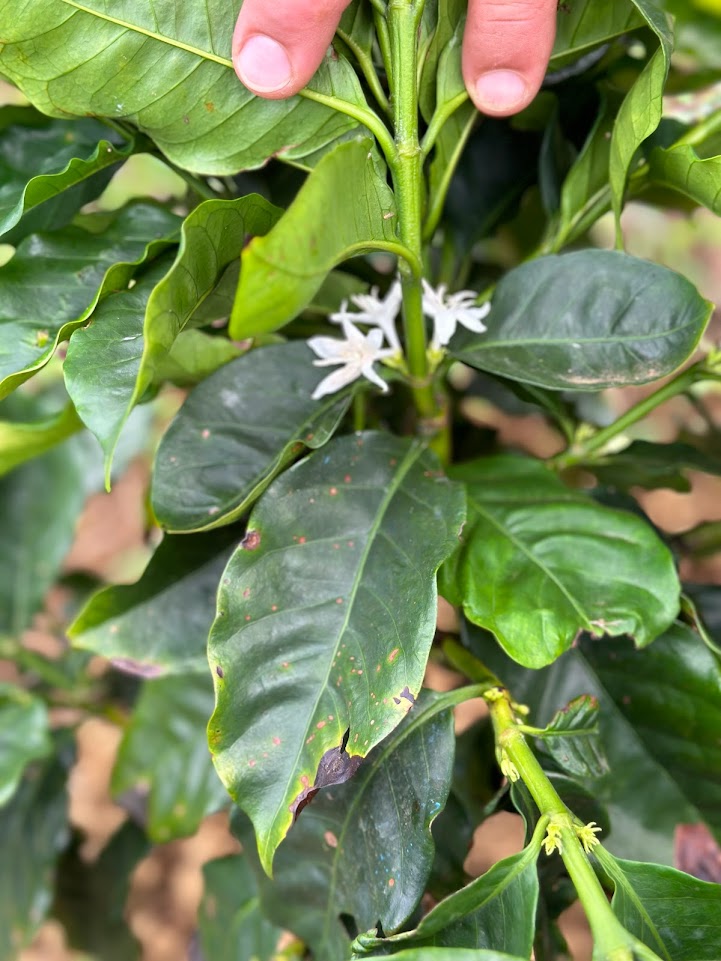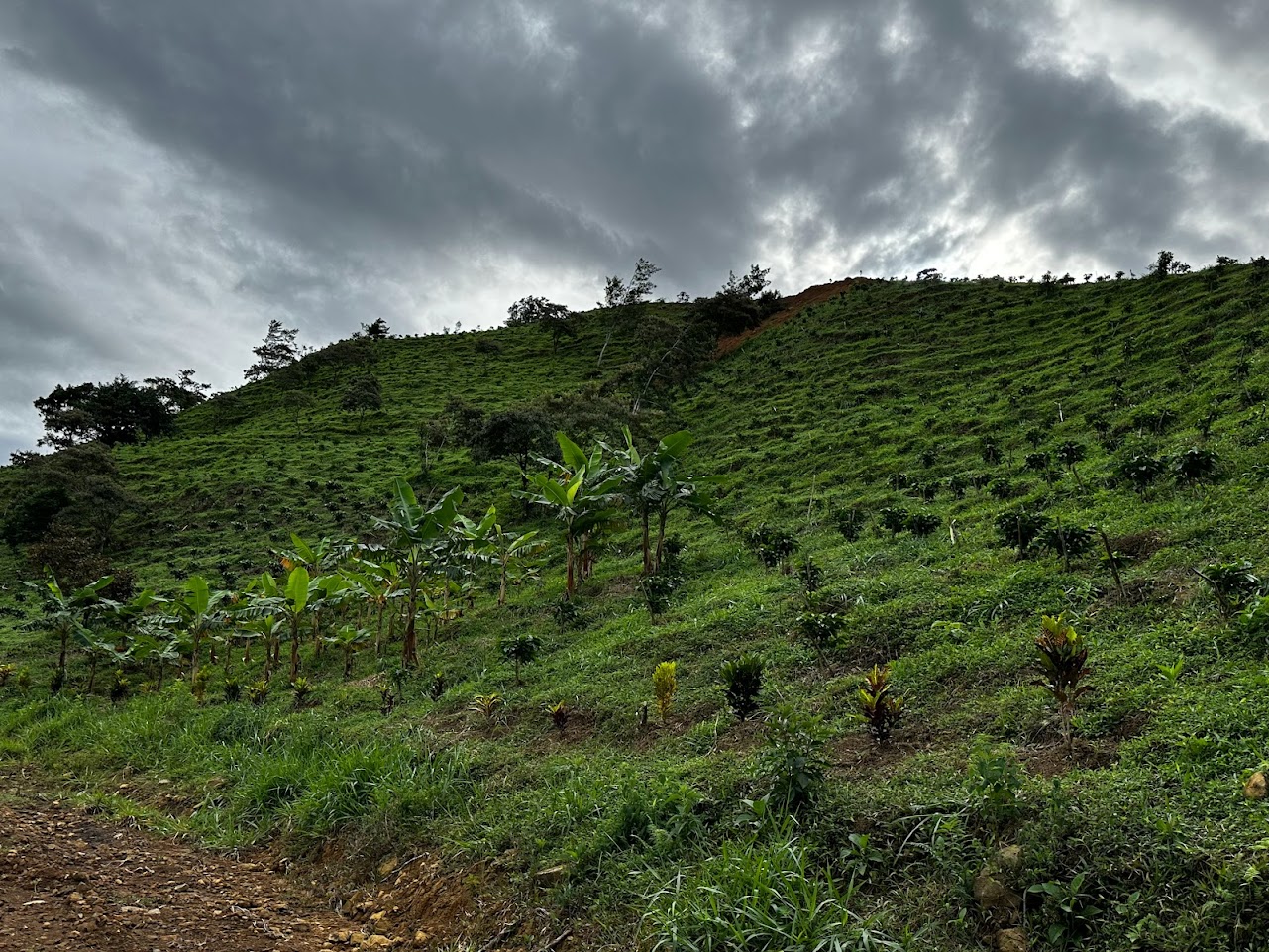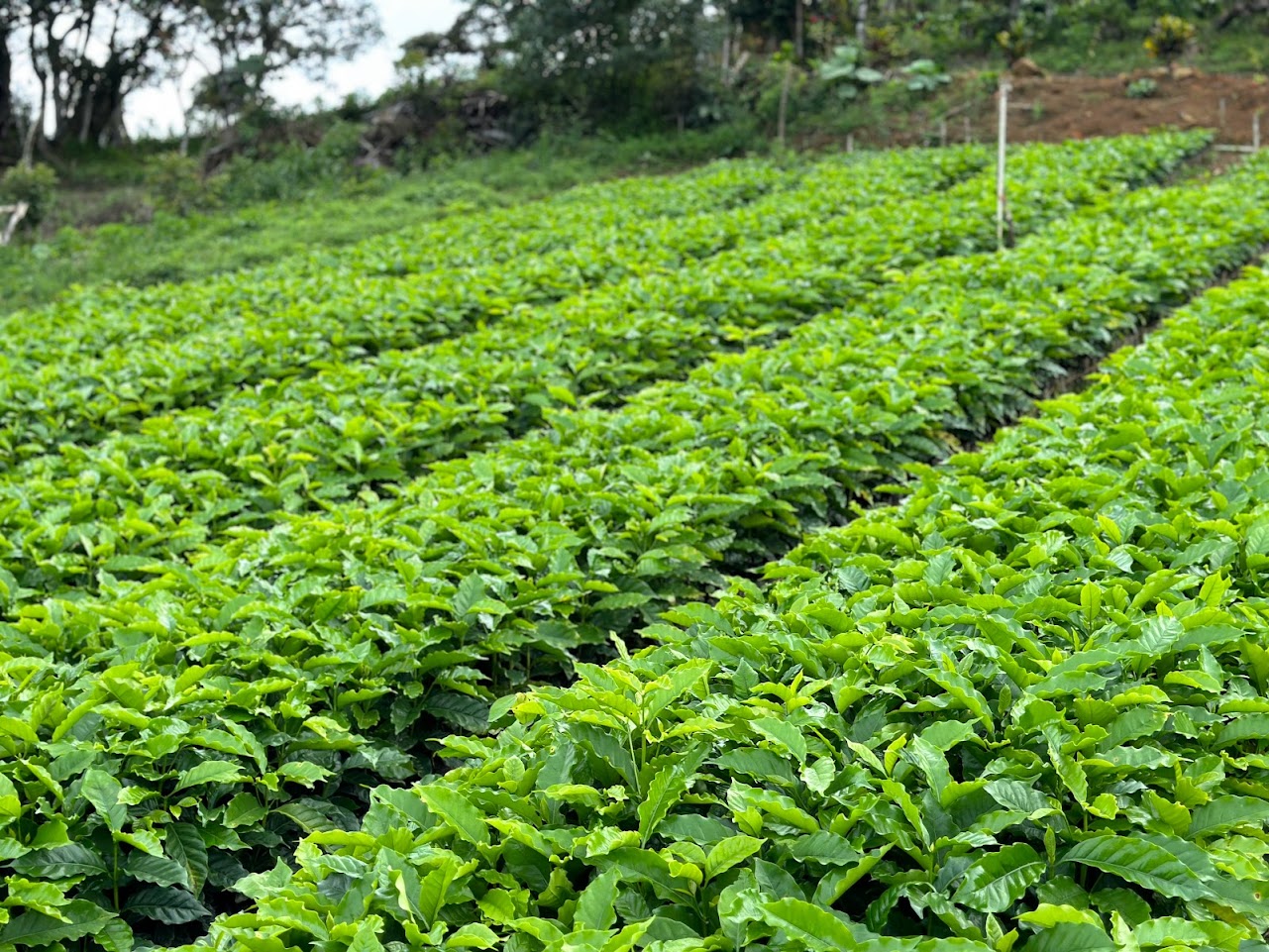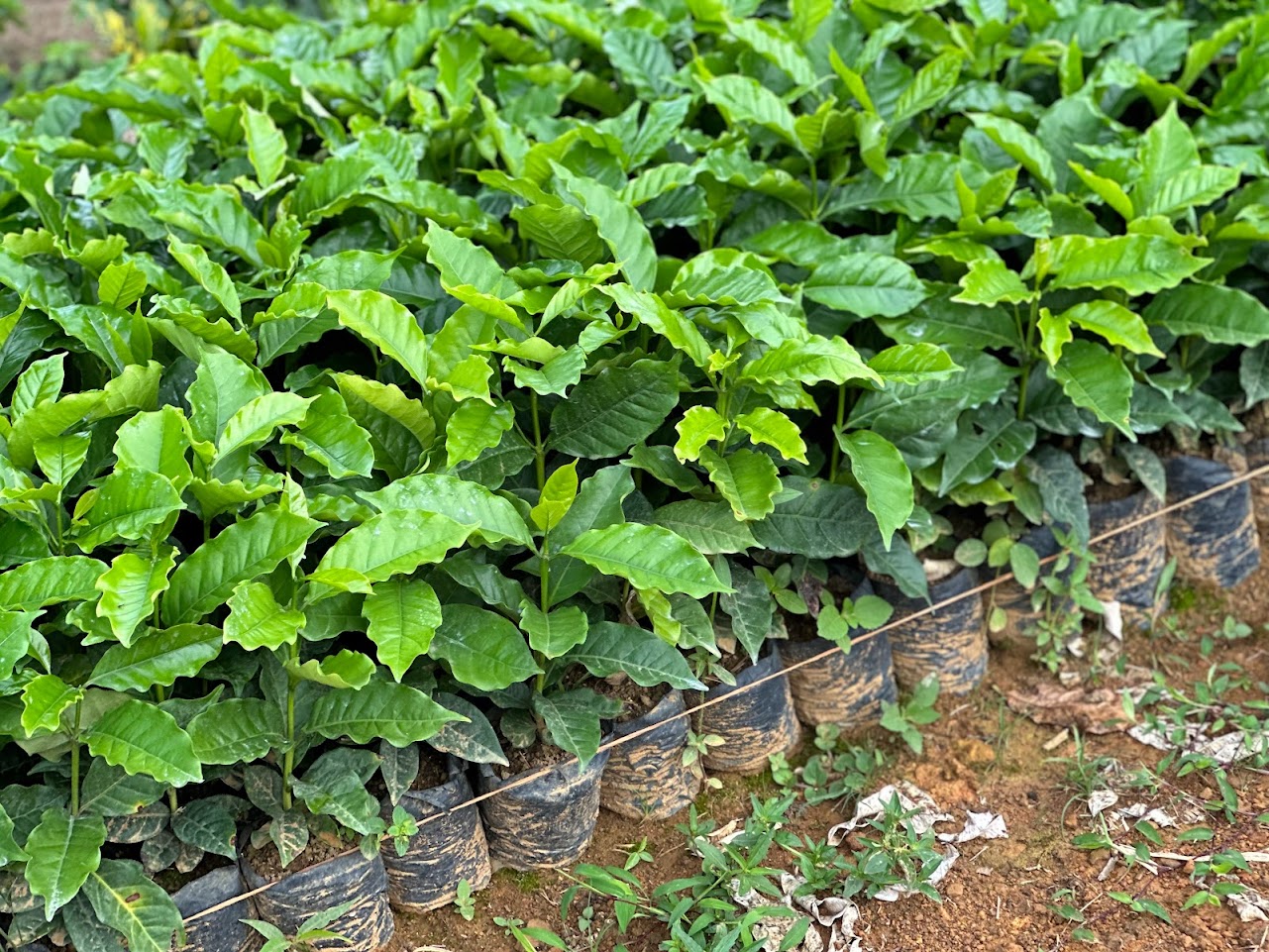Neem trees (Azadirachta indica) hold significant importance in coffee plantations due to their beneficial properties and ecological contributions. Let’s explore the significance of neem trees in coffee plantations:

- Natural Pest Control: Neem trees are known for their natural pest-repellent properties. They contain compounds such as azadirachtin, nimbin, and salannin, which act as powerful insecticides and repellents. Planting neem trees in and around coffee plantations can help control pests and diseases that commonly affect coffee plants, such as coffee berry borer, leaf miners, aphids, and mites. This reduces the reliance on synthetic pesticides, promoting environmentally friendly pest management practices.
- Organic Farming Practices: Neem-based products, such as neem oil and neem cake, are widely used in organic farming. Neem oil, derived from neem tree seeds, is a natural and biodegradable pesticide that is effective against a range of pests. Neem cake, a byproduct of the oil extraction process, serves as an organic fertilizer, providing essential nutrients to the soil and promoting healthy plant growth. Incorporating neem-based products in coffee plantations allows farmers to adopt organic farming practices, enhancing sustainability and minimizing environmental impact.
- Soil Enhancement: Neem trees have a deep and extensive root system, which helps improve soil structure and fertility. Their roots penetrate the soil, loosening it and enhancing its ability to retain moisture. Neem leaves, when incorporated into the soil or used as mulch, contribute organic matter, enriching the soil’s nutrient content. This benefits coffee plants by promoting root development, nutrient uptake, and overall plant health.
- Biodiversity Support: Neem trees attract a diverse range of beneficial insects and pollinators, such as bees and butterflies, due to their abundant flowers and nectar. The presence of neem trees in coffee plantations enhances biodiversity and ecological balance. Beneficial insects, in turn, help control harmful pests, creating a natural ecosystem that supports coffee plant health and productivity.
- Shade Provision: Neem trees have a dense canopy that provides shade, which is beneficial for coffee plants, especially in regions with high temperatures or intense sunlight. Coffee plants thrive under moderate shade, as it helps maintain cooler temperatures, reduces water evaporation from the soil, and protects the coffee cherries from direct sunlight. Neem trees contribute to the shade cover in coffee plantations, creating a microclimate that favors coffee growth and quality.
- Medicinal and Health Benefits: Neem trees have long been recognized for their medicinal properties in traditional medicine systems. Various parts of the neem tree, including leaves, bark, and seeds, possess antimicrobial, antifungal, and anti-inflammatory properties. Neem-based products have been used for their therapeutic benefits in treating skin conditions, oral hygiene, and general wellness. The availability of neem trees in coffee plantations allows for additional use and exploration of these medicinal benefits.
Neem trees play a significant role in coffee plantations. Their natural pest control properties, support for organic farming practices, soil enhancement capabilities, biodiversity promotion, shade provision, and potential medicinal benefits make them valuable components of coffee agroecosystems. By incorporating neem trees, coffee farmers can foster sustainable and environmentally friendly coffee production while reaping the numerous benefits offered by these versatile trees.








